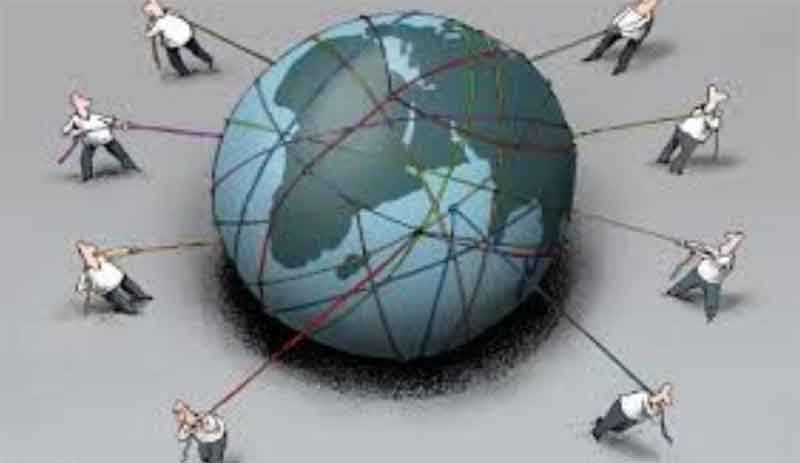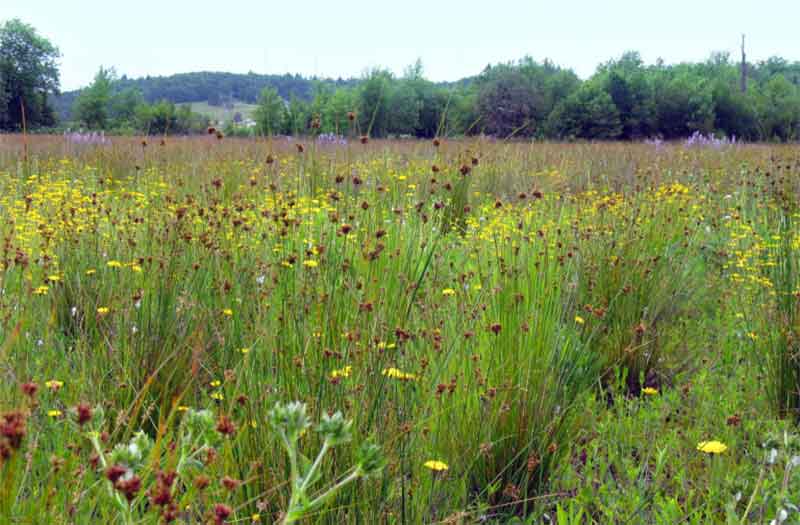
Imagine a forest based community about 20,000 years back. Here an elderly lady is teaching younger community members some essentials of life. Neither she nor her pupils know any alphabets or possess any educational aids, but there is great sincerity on both sides.
She says, “Always be careful not to cause any distress to anyone else. Whenever it is possible for you, try to reduce distress of others. Never be violent and dominating, always try to live in affection and cooperation with others.”
Most of these young people go on to lead their life on the basis of these very simple but invaluable life values, resulting in a peace and justice based life for them as well as for others.
Now come to one of the most prestigious western high school or university of the 21st century. Here the most advanced learning methods and instruments are available. However no attempt is made to impart deeper values of peace and justice. Most of the high-performing students leave the university with a thinking that it is perfectly legitimate to live a life based on dominating others, and if ensuring the dominance of their society or their country involves crushing others, there is nothing wrong in this, particularly if the comforts of their own life are assured in the process.
Which of the two situations is better and reflects a high stage of human progress? Clearly it is the former situation of 20,000 years back which reflects a higher form of progress, education and human values, but because of the glitter associated with the second situation most people today can easily make the mistake of associating the second situation with human ‘progress’, even though it should be identified with decay, domination, injustice, violence and all the resulting distress.
This unfortunate and distorted thinking is also reflected in an over-simplistic wider view of history which sees more or less constant progress across the centuries, with the 20th century invariably reflecting more progress than the 10th one, and the 10th century invariably reflecting more progress than the 1st one. Nothing could be further from truth.
In order to understand the progress of any people in any time or place we have to ask questions such as –do these people live in peace with each other, do they live in peace with other people, are they careful not to cause distress to other people and to other forms of life, are they protective towards others and towards nature?
It is on the basis of answers to these questions that the progress achieved by any people can be honestly decided.
If we sincerely pursue these questions in the context of the 21st century, then the progress level of humanity in the first quarter of this century is perhaps one of the lowest levels ever recorded in terms of the high levels of all violence caused to other people, violence caused to other forms of life and violence towards nature. This is very clear for anyone to see and study. Nevertheless this is not widely recognized. It is also very clear that those societies which are recognized generally to have ‘developed’ the most can record very low levels of progress if the right questions are asked and pursued honestly.
Hence much more clarity is required on the concept of progress. Progress in any time and place can be understood in terms of justice (J), equality (E), peace (P) and protection of environment and biodiversity (P). This concept can be captured in a short, easy to remember form ‘JEPP’.
Such an understanding of progress was always important all through history, but in earlier generations we had the consolation always that if serious mistakes have been made, these can be corrected in future.
Subscribe to Our Newsletter
Get the latest CounterCurrents updates delivered straight to your inbox.
Now the almost unique and unprecedented feature of our times is that given the overwhelming destructiveness of present day wars and weapons as well as the seriousness of about a dozen inter-related environmental problems, with the fast spread of many highly hazardous technologies, with increasing domination by big business interests preventing rational choices, life-nurturing conditions of our planet are increasingly threatened in many ways resulting in a survival crisis. The extinction rates of many species as well the endangerment of many others are already at very high levels. Hence by adding the checking of survival crisis (S) to the earlier formulation, we can speaking of the wider JEPPS based solutions for our times.
By prioritizing JEPPS humanity can still progress and bring immense relief to billions of people as well as to other forms of life. However humanity is not only far away from these priorities but in addition is moving further away from them, surely and steadily. Only a mass awakening of people for peace, justice, environment and biodiversity protection can help to rescue the situation.
Bharat Dogra is Honorary Convener, Campaign to Save Earth Now. His recent books include Protecting Earth for Children, Planet in Peril, Earth without Borders and A Day in 2071.
















































